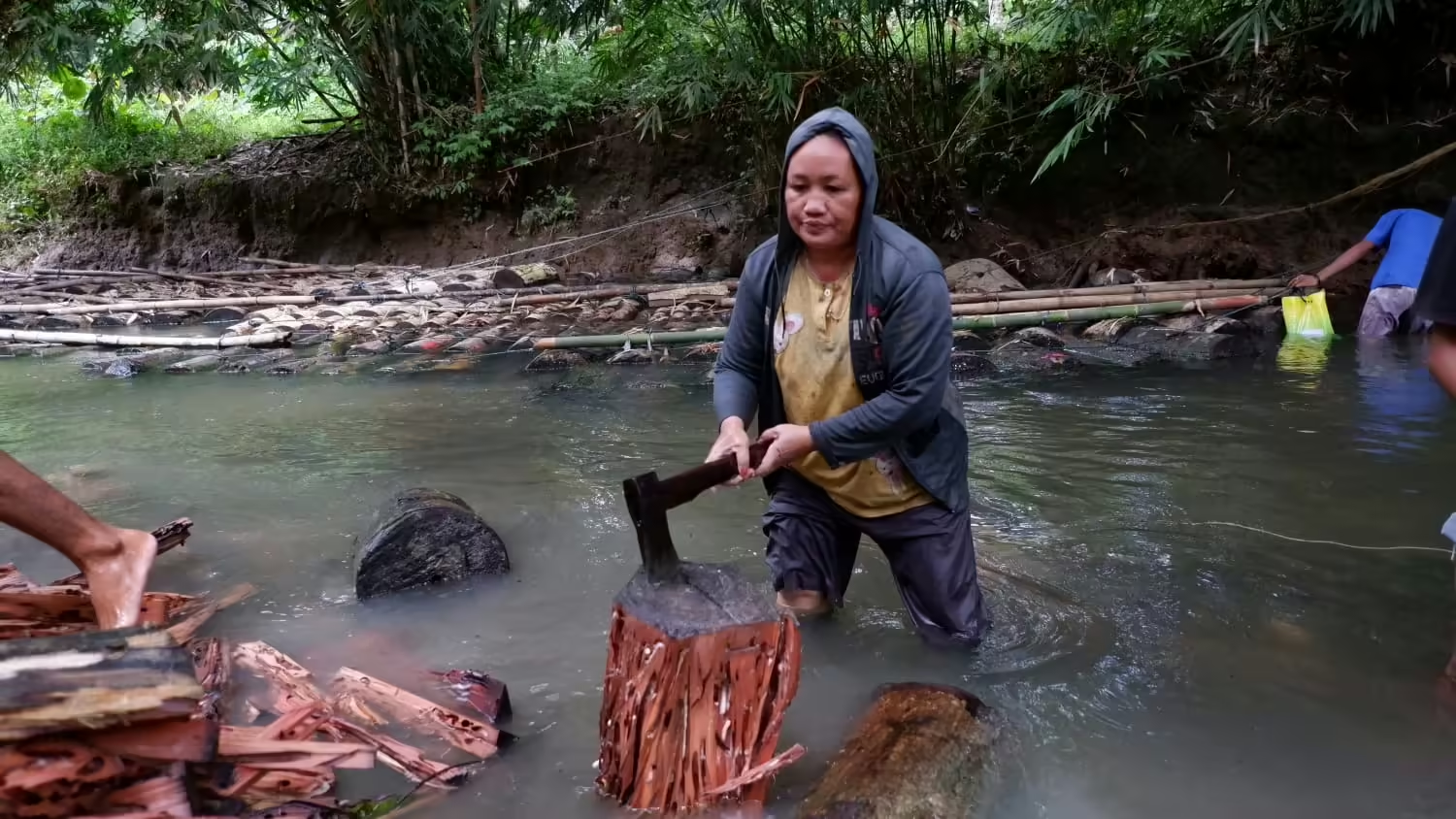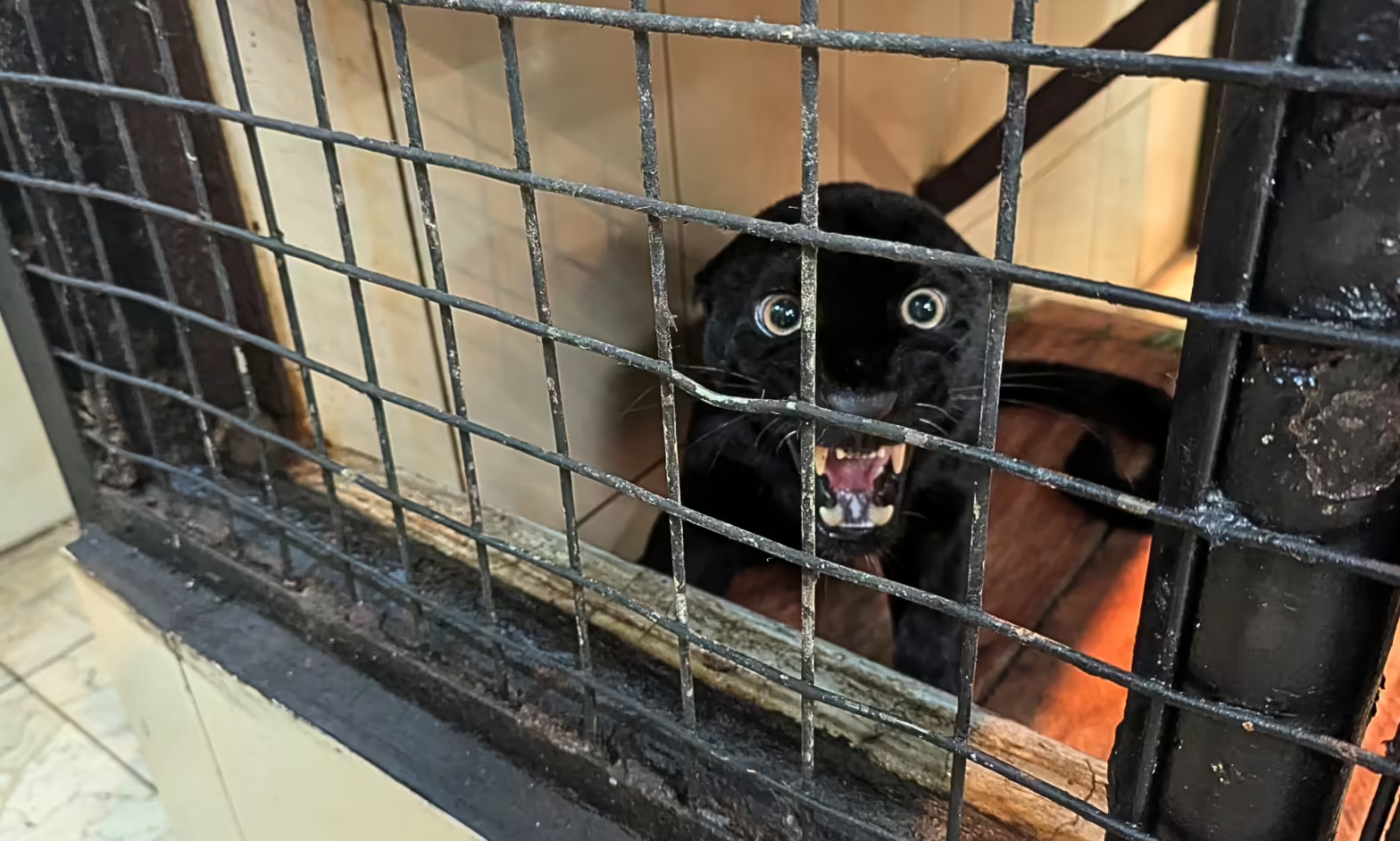Jakarta, Ekuatorial — Following recent major busts on illegal wildlife trading, an animal right activist on Friday (8/5) urged government to revise the country’s law on conservation which could no longer accommodate today’s challenges.
Last month, Illegal wildlife trading came to spotlight after officials foiled 5 tons of pangolins smuggling in Medan, North Sumatra, the second largest bust in Indonesia. Not long after that, Surabaya police had confiscated at least 21 sulphur-crested Cockatooes (Cacatua galerita) stuffed into 1,500 ml plastic water bottles.
“It is time to revise the 1990 Law [on Conservation of Natural Resources and Its Ecosystem]. Other laws have been revised many times but not this law. Meanwhile, its sanctions, a 5 years in prison and Rp 100 million (US$ 7,617), are no longer relevant for current situation because the loss worth more than that (Rp 100 million),” said Irma Hermawati, law enforcement and legal adviser, Wildlife Conservation Society Indonesia Program (WCS IP).
Previously, Minister of Environment and Forestry Siti Nurbaya Bakar agreed that despite law enforcement was upheld for illegal wildlife trading cases but its sentences were too light.
The idea to revise the law, Hermawati said, has been initiated since 2004 but to no significant progress. However, she said that the draft had been included into the 2014-2015 Prolegnas.
“We [civil societies] currently pushing through the draft to be included in the 2016 Prolegnas (National Legislation Program) because it didn’t make it into this year’s list,” she said.
Some of the revision consist of setting up a maximum penalties instead of minimum sanctions, regulate sanctions for animals not yet protected or endangered, and law enforcement based on principle of omission.
“The mode of operation has turned into online [wildlife trading] so there should be sanctions for institutions or agencies which have received warnings [about illegal trading] but neglect them, such as Kaskus [an online trading site], which keeps on posting wild animals transactions,” she said.
She underlined that wildlife trading was the second largest global illegal trade after narcotics and followed by ammunition and arms however it received little priority in Indonesia.
“The impacts may not so visible as narcotics but it’s the second largest global illegal trade in the world. So, at least, there’s should be similar law enforcement as narcotics,” she said. “People might not be affected directly if Sumatran tigers extinct or other animals, but if you learn food chain, if one of those animals lost, it will disturb nature’s balance. At the end, it will effect human lives also.”
For instance, she said if eagles were completely extinct, it will mean no natural predators for paddy fields, and it will effect rice production. Fidelis E. Satriastanti.



